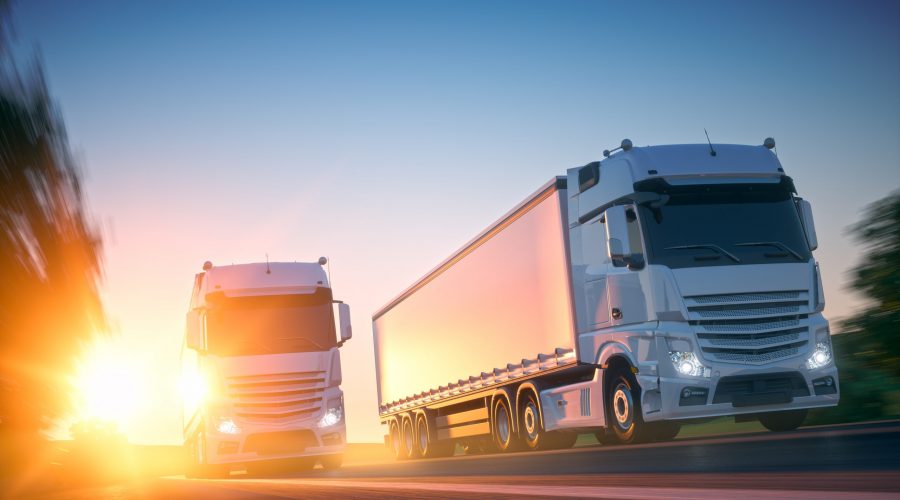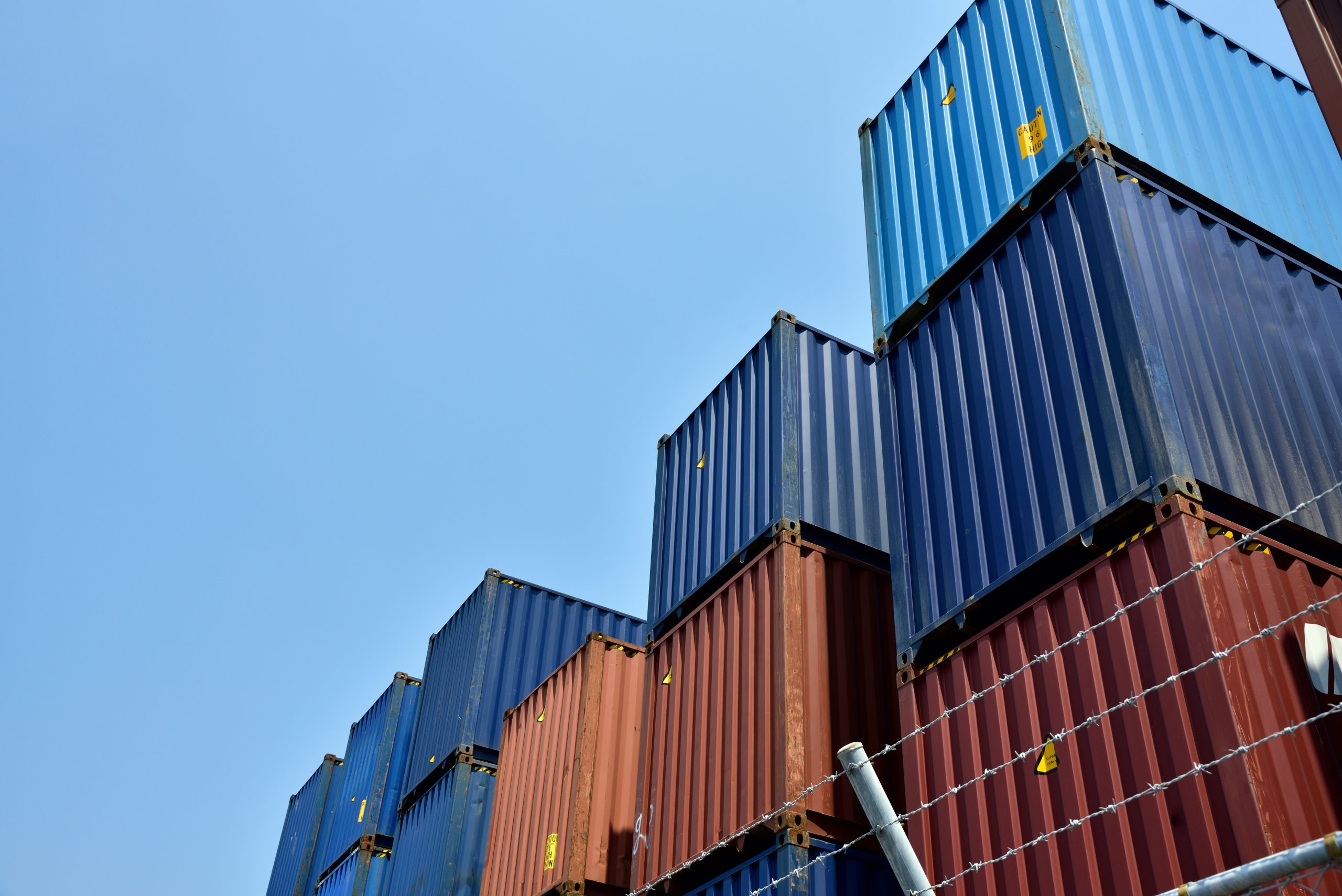
Customs Clearance debunked
At Waller Transport, we pride ourselves on being able to provide pallet delivery solutions when others can’t – something we do on a regular basis for our customers. When we’re not doing that, we’re creating blogs like this one to provide some clarification on the finer details of what’s involved in domestic and international haulage.
Today, we’re here to speak about Free On Board (or FOB as it’s more commonly referred to) and how customs clearance works at either end. So, let’s start by explaining what FOB is and what it isn’t. To begin with, it’s specific to transit by water, be it via sea or inland waterways and so it does not apply to road, air or rail transit.

What Free on Board (FOB) Means
FOB rules lay out the distribution of liability and risk between sellers and buyers, in the context of the destination and origin. When selling products internationally, FOB states that the seller bears the responsibility from point of origin to the point of delivery – the destination for which must be agreed upon by both parties.
Overall, however, the responsibilities of the seller and buyer break down as follows:
The seller’s responsibilities include:
- Warehousing & maintenance (including cost) at point of origin prior to expert
- Inland transportation trade transit to the arrival port
- Provision of the bill of lading, commercial invoice, insurance certificate, packing list, the export licence
In terms of customs clearance, the seller is involved up to and including the delivery harbour, meaning that all costs are borne by the seller for the export side of the process.
The buyer’s responsibilities include:
- Warehousing & unloading costs after importing
- Transportation costs from the port to the inland destination
- Possessing seller export documentation
- Insurance costs & risks after goods have been transferred
Now that the goods are technically being imported into the destination country, the customs clearance responsibilities pass to the buyer. To do this, the buyer must be in possession of export customs proof before the goods can be unloaded for transportation inland.
Customs Clearance Responsibilities Are Shared
So, as we can see, as far as FOB is concerned, the customs clearance responsibilities are shared, with the seller liable up until the arrival port, with the buyer taking over from the port onwards, even if it involves transport along inland waterways.

We’re Here to Steer Guide You On Customs & More
Customs clearance and all the associated rules can be confusing at the best of times, but the Waller Transport team is here to guide you every step of the way. We even have a department devoted entirely to it! So, when you use our haulage international haulage services, you do so knowing that you’re in very good hands.
For more information on this, visit our customs page or browse our entire website www.wallertransportservices.co.uk where you’ll find lots of information about how we work, our pioneering return loads approach, our national network, regional distribution centres and much more besides.
Alternatively to speak to a member of our team, simply give us a call on 01473 254 717 or fill out our contact form and we’ll get back to you as quickly as we can.
